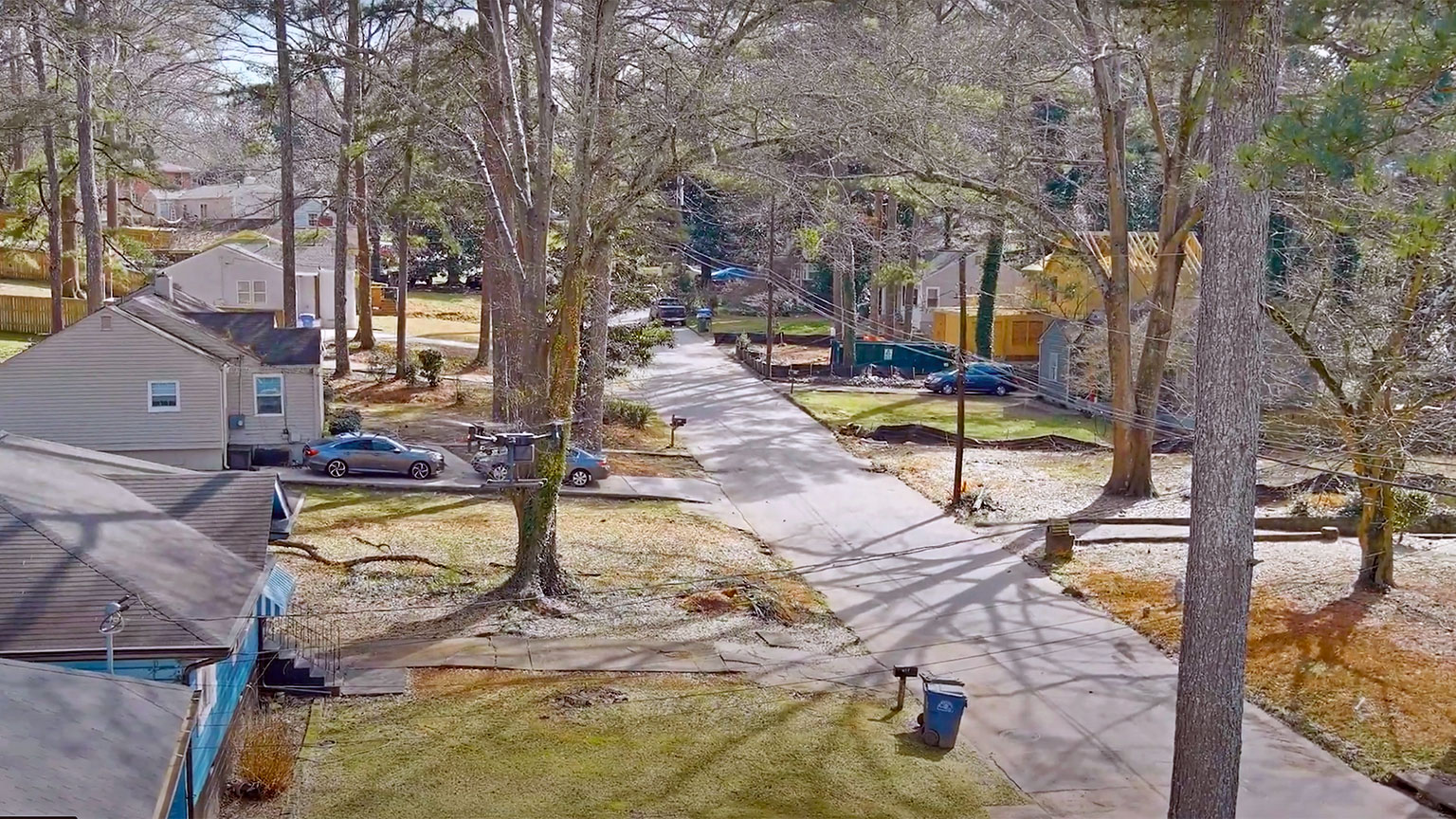Rakha Builds Community Support With Sloan Foundation Grant

Ann Hoevel | June 16, 2023 — Atlanta, GA
Assistant Professor Tarek Rakha is part of a three-year, $2.5 million grant from the Alfred P. Sloan Foundation to Pecan Street Inc. that pairs universities with community partners to research equitable energy.
Rakha will work with the Grove Park Foundation to collect energy use data and learn from residents of the Grove Park neighborhood, resulting in an urban building energy model. The model can be used to predict energy cost burdens, inform decisions about electrification, and increase regional energy resilience, Rakha said.
This is not the first time Rakha or his colleagues at the School of Architecture have worked in Grove Park. The School has several ongoing research projects with neighborhoods close to campus, including the English Avenue neighborhood (which led to winning the Department of Energy’s Solar Decathlon), Thomasville Heights, and the Grove Park area.
“These are three underserved communities, primarily African American, where median income is less than $25,000, with very high energy cost burdens compared to the rest of the state — 20% or 30% of their income,” he said. Houses in Grove Park are older and deteriorating. Demolishing the homes would be expensive and contribute to gentrification, Rakha said.
Instead, the collaborative research done so far with the Grove Park Foundation looks at retrofitting older homes from the angles of energy systems, building envelope, and resident behavior.
“Georgia Tech has an vested interest in being not just a good neighbor, but actually a neighbor that brings affinity to these communities,” Rakha said, “and the School of Architecture specifically plays a role because 40% of energy is spent in buildings.”

If urban building energy models can help these communities lower energy burden costs, their residents can reinvest the money they would otherwise spend on bills for upward mobility, Rakha said. “This can include investing in the community itself or even investing in their own lives, careers, or small businesses.”
Those models have to be inclusive to work, he said. Surveys of the Grove Park community will help create a model that includes multi-generational family structures and represents rental housing.
“Energy bills are only going to get worse due to climate change,” Rakha said, recalling how his own heating bills from Atlanta’s last winter were the highest he’s ever experienced.
“We want to alleviate that pressure and have these communities focus their resources on their lives rather than payments.”
For this grant with Pecan Street Inc., Rakha and his High Performance Building Lab will install very granular sensors that record data at the circuit level in single family homes in the Grove Park area.
Combined with surveys, interviews and workshops, the energy sensor data will provide a deeper understanding of the behavior and energy interactions of Grove Park’s residents with their buildings and their community.
The result will be a “digital twin of an underserved community which can be used for simulations. We can showcase the impact of electrification on these homes and energy resilience in general,” Rakha said.

